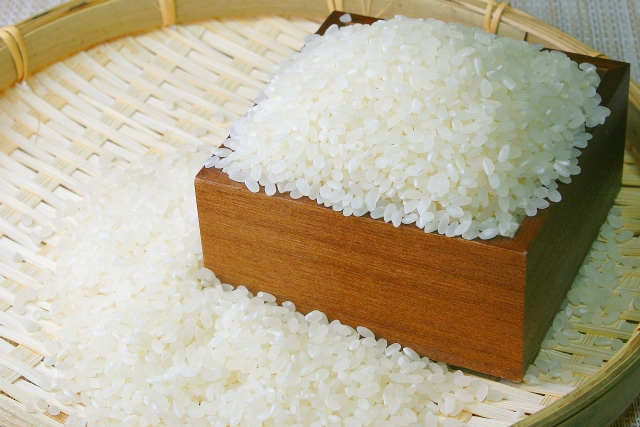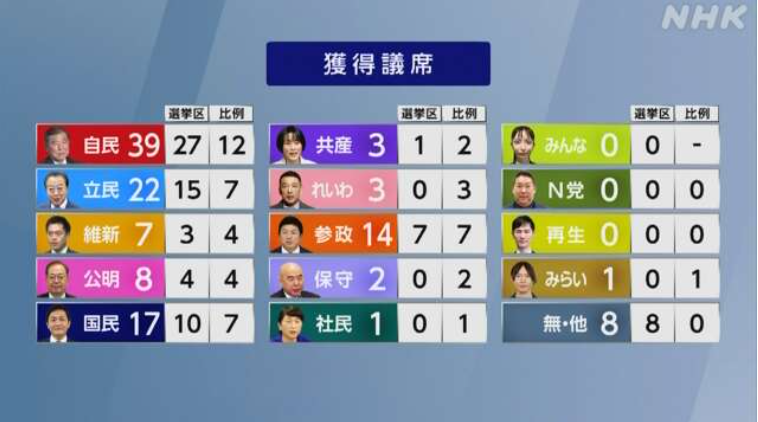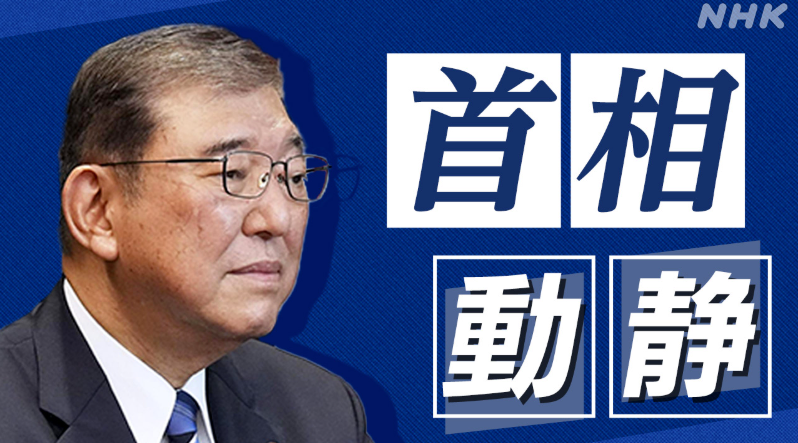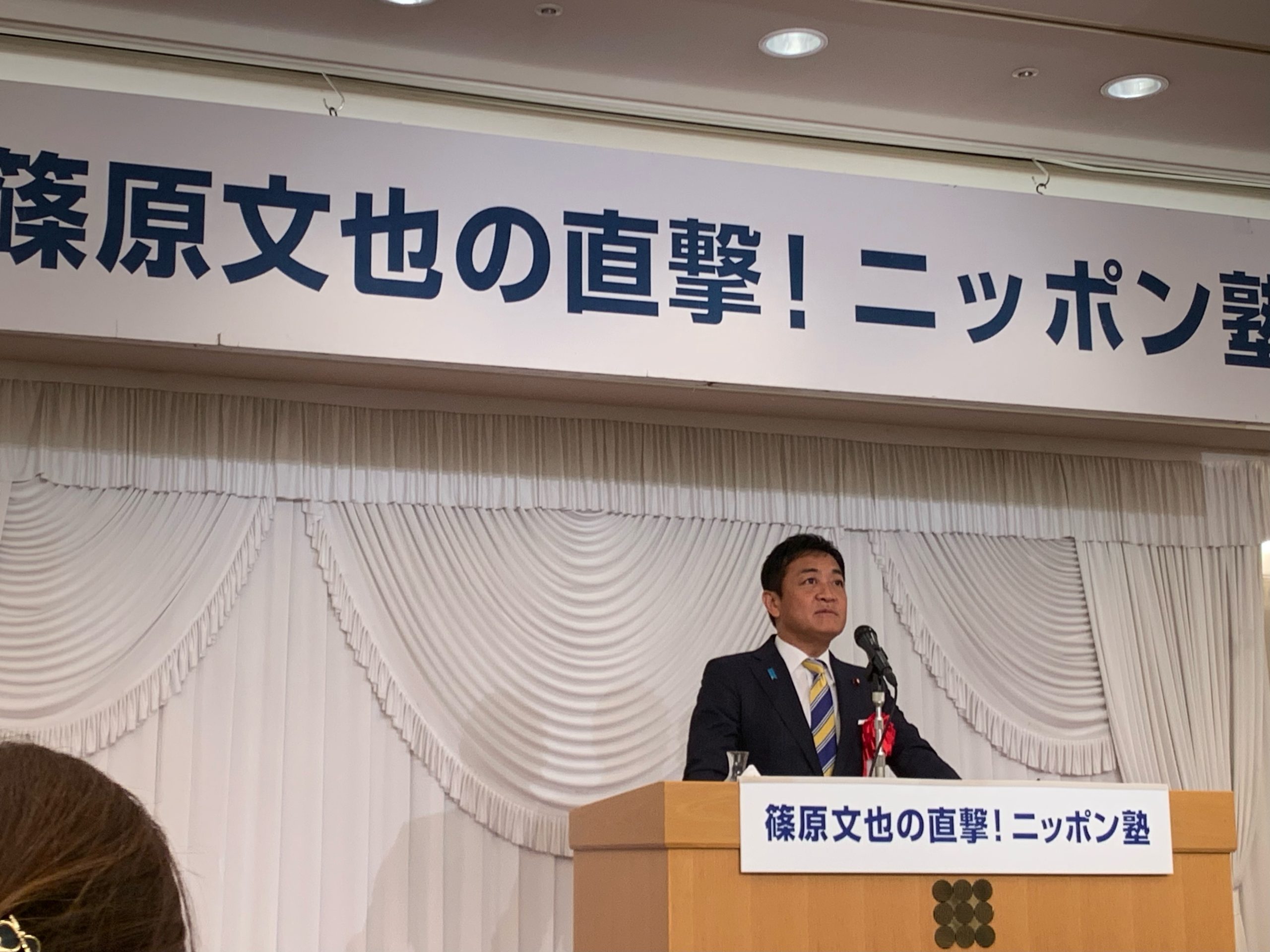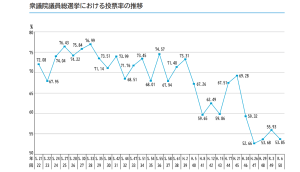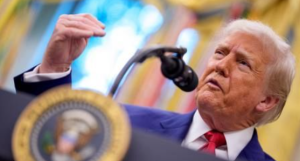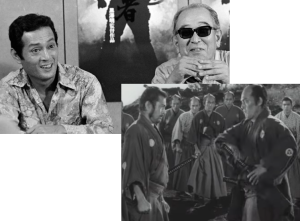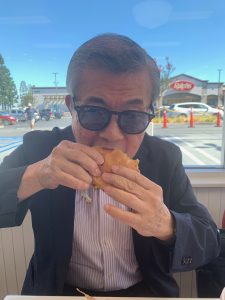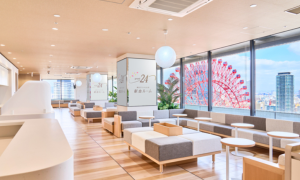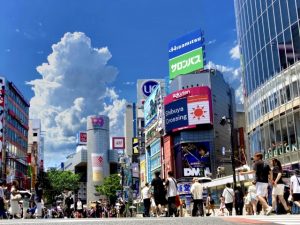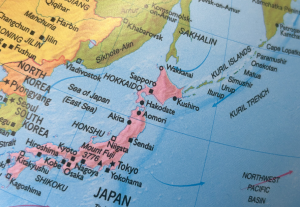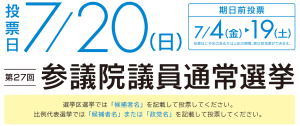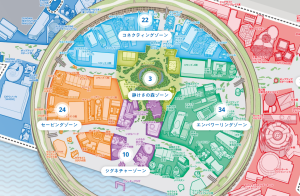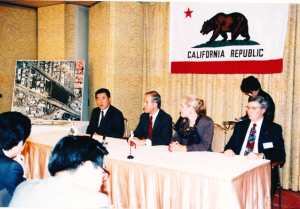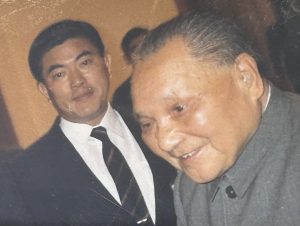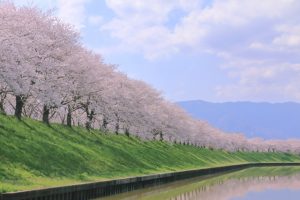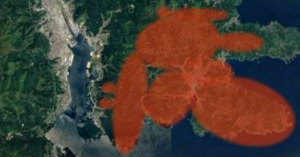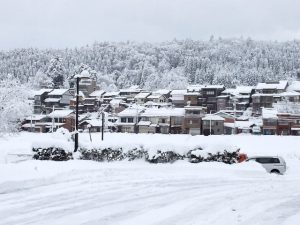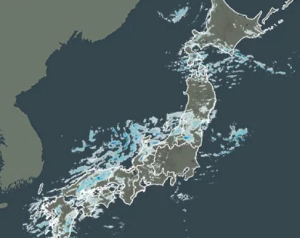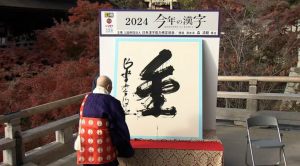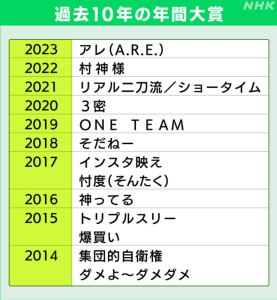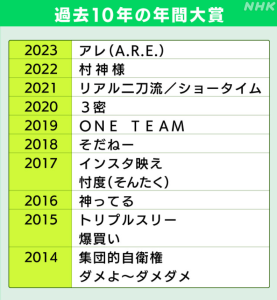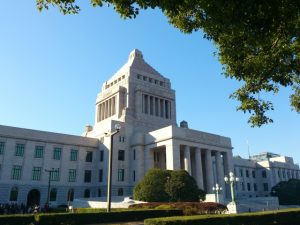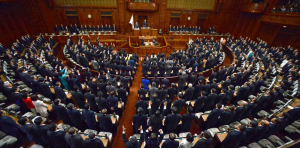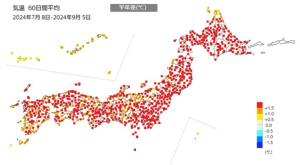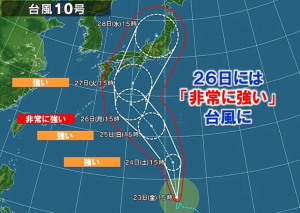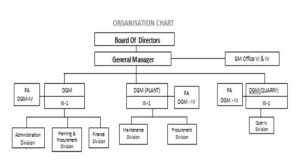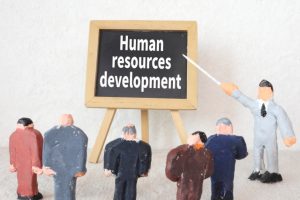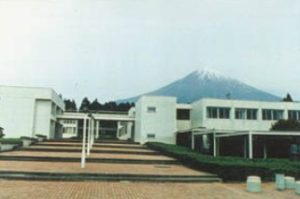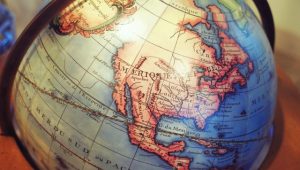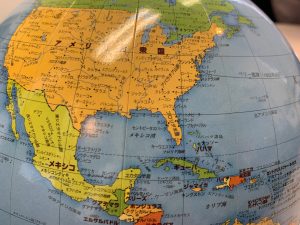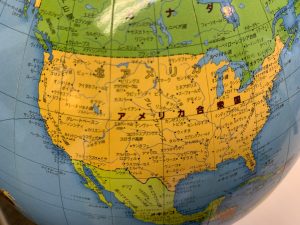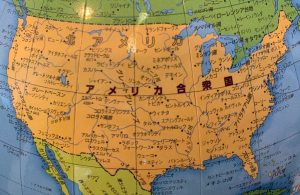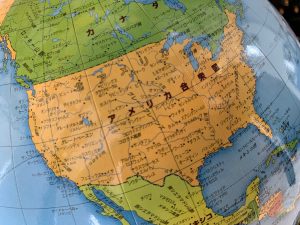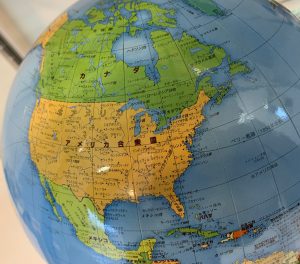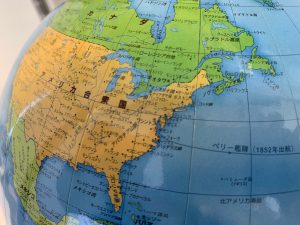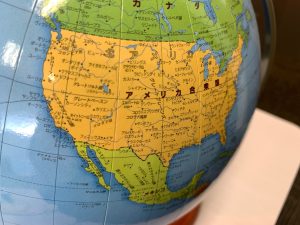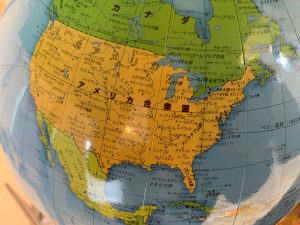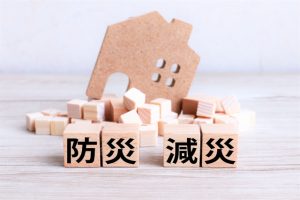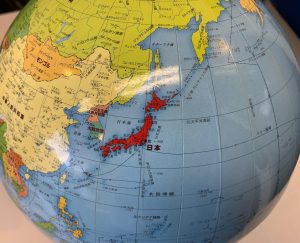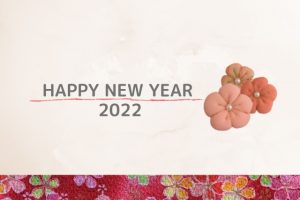Re: A news item and subject which I just want to check out (173) July 24, 2025
It is already the second half of the year. Just as a journey feels shorter once you have passed the halfway point and entered the return journey, life is now considered to be in the age of 100 years, but after passing the milestone of 50 years old, it seems to me that each year has been accelerating and passing by quickly. I am trying to cherish each day and to restrain myself from spending it as wastefully as possible.
Well then, Expo 2025 Osaka, Kansai, Japan opened on April 13 (Sunday) has completed half of its six-month period on July 13 (Sunday). Before the opening, it was somewhat lacking in excitement, but the number of visitors exceeded 10.11 million on July 12. Admission tickets are also selling around 2 million per month, and it is said that if continuing at this pace, there is a possibility that it could be in the black by the end of August. The formation flight by the Blue Impulse over the venue scheduled on April 13 was canceled shortly before due to bad weather, but the revenge flight took place over two days on July 12 (Saturday) and 13 (Sunday), captivating the audience. I was 27 years old during the Osaka World Expo in 1970, and I visited many times, and I am looking forward to visiting the venue again soon.
By the way, at the end of every year, a single kanji character symbolizing the year is chosen, and if I was to decide that at this point in time, I want to choose “米”. The reasons are that the shortage of “米”(rice) and the price increase (twice the previous year) are threatening the lives of the citizens and “米”(the United States) is causing chaos in the world with tariff issues.
Incidentally, according to ChatGPT, the origin of America is the name of an Italian explorer, and the reason why Japan refers the United States as “Ame”→“米(Bei)” based on phonetic translation is an example of Japan’s unique custom of abbreviating foreign names to one kanji character. The same goes for Russia(露国), the United Kingdom(英国), Australia(豪州), and so on. For your information, China calls the United States “美国”(Mei Guo). Although it is a transliteration, I feel strange in the current international situation that Japan calls the United States “a rice (米)country” while China elevates it as “a beautiful (美)country”.
■■What I have recently thought and focused on:
■Results of the House of Councilors election:
The House of Councilors election held on July 20 ended in a crushing defeat for the ruling coalition of the Liberal Democratic Party and Komeito, just as had been predicted. However, since the way they lost was within expectations and it was reported that the 25% reciprocal tariffs that the United States was set to impose on August 1 have been settled at 15%, the Nikkei Stock Average (closing price) unexpectedly rose daily from July 22, and exceeded 41,000 yen.
As a result of this election, the new power in the House of Councilors is 114 →101(minus 13)for the Liberal Democratic Party and 27→21 (minus 6) for the Komeito, and the total number of seats is 248, and they remained at 122, which is three seats below the majority of 125. In the House of Representatives, in the election held in last November (with a total of 465 seats), the ruling coalition of the Liberal Democratic Party and Komeito secured a total of 220 seats (196+24), falling short of the majority of 233 seats. Ishiba administration started on October 1 last year, but with the defeat in the Tokyo Metropolitan Assembly election held on June 22, it is currently three consecutive losses.
The biggest concern for Diet members is to protect their qualifications as Diet members. Therefore, the most important thing is that the party leader is strong in elections. This maintains centripetal force and allows the administration to be sustained. The fact that the second Abe administration (2,822 days, from December 26, 2012 to September 16, 2020) became the longest in post-war constitutional history was primely due to its complete victory in six national elections. Considering this point, under three consecutive losses, to “oust Ishiba” is a natural move, before the debate over “whether there are suitable successors”. If this continues, the internal situation of the ruling party, the Liberal Democratic Party, will further intensify in confusion, and under the increasingly complex international situation, Japan’s future is extremely serious.
What became the receiver for the people’s sense of stagnation and dissatisfaction for politics in this election was the Democratic Party for the People and the Party of Do It Yourself. As a result of this election, the number of seats for the Democratic Party for the People is 27 in the House of Representatives and 9→22 in the House of Councilors, and the number of seats for the Party of Do It Yourself is 3 in the House of Representatives and 2→15 in the House of Councilors. Incidentally, the number of seats for the Japan Innovation Party is 38 in the House of Representatives and 17→19 in the House of Councilors. What stood out in this election was not only the use of social media but also the theatrical-style campaigns. In other words, simple and clear catchphrases like “increasing take-home pay” and “putting Japan first” resonated with the undecided voters. President Trump consistently shouted “MAGA! (Make America Great Again!)” during his campaign in the United States. I think that the vague stance of the Liberal Democratic Party such as discussions on either consumption tax cuts or benefits, pension issue, rushing to implement countermeasures when the foreigner issue became a point of contention, was the reason for the defeat. In short, what the people are seeking is “strong leadership”.
For your information, in this House of Councilors election, 42 female lawmakers were elected, accounting for 33.6% of all winners, and including those not up for re-election, the number rises to 73, accounting for 29.4% of the total (248), the highest ever. And the voter turnout reached 58.51%, marking the first time in 18 years that it has reached the 58% range. It is cited as a factor that it was the middle day of the three-day holiday and that early voting reached a quarter of the voters.
■I had a question and answer with Mr. Yuichiro Tamaki, the leader of the Democratic Party for the People:
I attended the monthly regular “Direct hit! Nippon cram school” (lunch seminar) hosted by Mr. Fumiya Shinohara, a political commentator, held on July 22. The guest speaker this time was Mr. Yuichiro Tamaki. Despite the political situation being in turmoil immediately after the House of Councilors election, he appeared as originally scheduled and gave a passionate speech for about 30 minutes. After that, there was a fierce and poignant discussion with Mr. Shinohara, followed by a Q&A session. I expressed the following opinion.
“Congratulations on your victory in this election. Putting the current political situation aside, I would like to express my concerns about the economy. First, the recent defeat of the Liberal Democratic Party and Komeito will lead to the introduction of consumption tax cuts and other measures, further loosening of fiscal discipline, and rising interest rates, which will have an adverse effect on the economy. The other thing is tariff issue introduced by the United States.
Reciprocal tariffs with Japan were lowered from the originally planned 25% to 15% (including Japanese-made automobiles), but at the same time, it is said that Japan has pledged $550 billion (about 80 trillion yen) in investment into the United States. Aside from the tariff rate, the amount of 80 trillion yen shows how large the scale is when you consider that Japan’s annual investment is around 110 trillion yen. Since the United States is becoming increasingly protectionist, Japanese companies, including steel and automobiles which are Japan’s core industries, are increasingly turning to the United States. On the other hand, Japan is facing a declining birthrate and an aging population, and population decline, and a shrinking domestic market. Therefore, domestically, there are concerns that investment opportunities leading to economic growth and job creation will decrease, leading to deindustrialization and the exhaustion of reginal areas. I would like to hear your thoughts on how Japan will respond to these future prospects.”
In response, he said that “there are investment opportunities centered on AI”, but he did not provide a clear vision.
I am well aware that it is extremely difficult to demonstrate this, and this is an issue that all citizens must use their wisdom to think about seriously. And there is a tendency among the opposition parties to appeal to populism without showing the source of funding, but I think this should be avoided. And through these tariff negotiations, I have once again come to realize that Japan is a country that can’t change its policies without external pressure.



